Table of Contents
Quality Service Guarantee Or Painting Free

Get a rental agreement with doorstep delivery

Find the BEST deals and get unbelievable DISCOUNTS directly from builders!

5-Star rated painters, premium paints and services at the BEST PRICES!
Loved what you read? Share it with others!
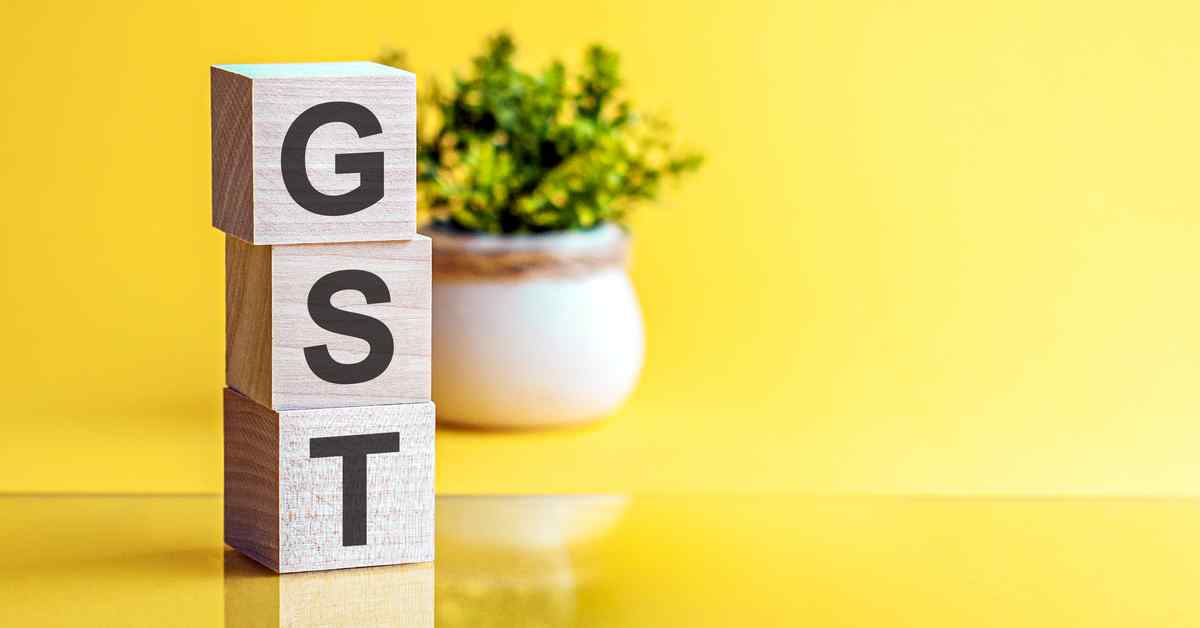
GST on Flat Purchase in India: Latest Rates, Exemptions, Documentation and Stamp Duty 2026
Table of Contents
GST on flat purchase is a tax buyers need to pay when purchasing an under-construction property in India. Introduced as part of the 2017 tax reform, the Goods & Services Tax (GST) is the only tax that has replaced other taxes, such as VAT, service tax, and excise duty. The government charges it on the supply of goods and services. Regarding real estate, GST on property purchase applies mainly to under-construction flats, making taxation more transparent. However, ready-to-move-in flats are generally exempt from GST.
GST on Flat Purchase- Quick Info
GST on flat purchase is 5% or 1% tax levied by the Indian government on the under-construction property, depending on the type and value of the flat. Below is the property type and GST rates to check and keep in mind:
| Property Type | GST Rates | Input Tax Credit | GST Applicable |
| Under Construction (affordable) | 1% | Not applicable | Yes, applicable to construction value |
| Under Construction (non-affordable) | 5% | Not applicable | Yes, applicable to construction value |
| Ready to Move in Flat | 0% | Not relevant | No exemption under Schedule III, stamp duty and registration are applicable |
| Resale Flat | 0% | Not relevant | No-exempt, considered sale of immovable property |
Disclaimer: GST rates are indicative and may change. Please consult a tax advisor or contact NoBroker for exact, up-to-date GST details on your property purchase.
Quality Service Guarantee Or Painting Free

Get a rental agreement with doorstep delivery

Find the BEST deals and get unbelievable DISCOUNTS directly from builders!

5-Star rated painters, premium paints and services at the BEST PRICES!
Implementation of Taxes before GST
Multiple taxes were imposed and levied on products and services under the previous indirect tax structure. Both the federal government and the state-imposed taxes. Different states had their own set of rules and regulations, and they mostly levied VAT. At the same time, a Central State Tax was imposed on interstate transactions. Many other indirect taxes, such as Entertainment, Octroi, and Local Tax, were levied jointly by the federal government and the state. That is, there was a significant overlap of taxes on taxes.
The following is a list of taxes that existed before the GST –
| Duties of Excise | Central Sales Tax |
| Central Excise Duty | Entry Tax |
| Additional Duties of Customs | Luxury Tax |
| Additional Duties of Excise | Purchase Tax |
| Special Additional Duties of Customs | Entertainment Tax |
| State VAT | Taxes on advertisement |
| Cess | Betting, Lottery and Gambling Taxes |
GST for Purchasing Flat in 2026
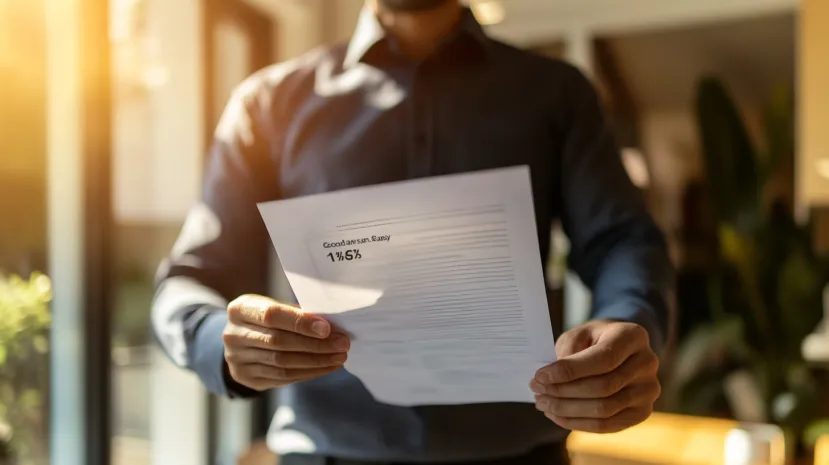
GST on a new flat in 2026 is simple. If you purchase an under-construction flat, you pay 1% GST on affordable houses and 5% on non-affordable houses. These rates were set after the 2017 tax reform and were updated in 2019 to make home buying more transparent and remove hidden costs. The ready-to-move-in and resale flats are exempt from the GST, and only the registration charges and the stamp duty are to be paid. In the first half of 2024, around 1.73 lakh homes were sold in top Indian cities, showing their high demand, especially for premium homes. This was the highest number of sales seen in the last 11 years, as per the report.
Documents Required for GST Compliant Flat Purchase

When buying a GST-compliant flat, certain documents are required for a smooth and legal transaction. Below are the documents needed for the GST on buying a flat:
- Sale Agreement: Details the term of the sale, cost breakdown and GST amount
- Builder’s GST Registration Certificate: This confirms that the builder is GST registered
- Payment receipt with GST Details: Proof of payment including GST charges
- Construction Plan Approvals: Verified by local authorities to ensure legal construction
- Allotment Letters: Issued by the builder confirming the booking and GST charges
- Possession Certificate: It is required during handover, especially if GST is applied.
Taxing Luxury: Understanding the Impact of GST on High-End Properties in India
- GST on Resale Flats
There is no GST on resale flats in India. Resale or second-hand flats are considered the sale of immovable property and are not treated as the supply of goods or services under GST law. So the buyers only have to pay the registration charges and stamp duty, not the GST. These rules apply even if the flat is priced below 45 lakhs. Just remember, if you are comparing cost, then GST on flats below 45 lakhs applies only to under-construction properties and not on resale flats.
Why does GST have a Positive Impact on Real Estate?
- Construction at a Low Cost - GST on the purchase of flat will lower the rate of things like cement, steel, and other building materials, resulting in dramatically lower construction expenses. This will result in cheaper real estate prices, which eventually helps the middle-class society.
- ITC (Integrated Taxation System) - In general, a unified tax base is critical in the real estate market. Currently, builders and developers are taxed even on the raw materials they purchase. GST on flat purchases solves these issues by unifying all taxes.
- Neutral Income Rate - The real estate sector's fiscal operation is not linked to VAT and service tax rules. The neutral income rate (RNR), which is set by state goods and services taxes (SGST) and central tax agencies on products and services, can assist reduce this type of difficulty with the use of flat purchase GST rate, which would help preserve a transaction system i.e. (CGST).
Conditional GST Charges on Flat Purchases
Since its establishment, the government has considerably decreased the GST on purchase of flats to replicate demand during a prolonged slowdown. According to analysts, this might potentially reduce the buyers’ pay-out by 4% to 6% on the total purchase.
| Property type | GST rate from April 2019 | GST rate till March 2019 |
| Affordable Housing | 1% without ITC | 8% without ITC |
| Non-affordable Housing | 5% without ITC | 12% without ITC |
Disclaimer: GST rates are indicative and may change. Please consult a tax advisor or contact NoBroker for exact, up-to-date GST details on your property purchase.
The new tax rate was applied to all new projects without an input tax credit (ITC). Builders were given a one-time option to choose between the old and new rates for their ongoing projects by May 20, 2019. This deal was only good for projects that were still unfinished as of March 31, 2019. After the developer community expressed worries about tax liabilities in the absence of ITC, the government made its decision.
What is Affordable Housing?
The government categorises housing units worth up to Rs 45 lakhs qualify as affordable housing. The unit must, however, meet certain specifications. A housing unit in a metropolis qualifies as an inexpensive dwelling if it costs less than Rs 45 lakhs and has a floor area of less than 60 square metres (carpet area). Metropolitan cities include the Delhi-National Capital Region, Bengaluru, Chennai, Hyderabad, Mumbai-Mumbai Metropolitan Region, and Kolkata. A housing unit in any Indian city other than the ones listed above qualifies as an affordable house if it costs less than Rs 45 lakhs and has less than 90 square metres of carpet area.
Real Estate Registration and Stamp Duty
Following the implementation of GST on flat purchases, state government levies such as real estate registration and stamp duty have remained in existence. These costs differ from one state to the next, as well as from one circle to the next within the same state. Stamp duty and registration charges will continue to apply in the GST era to both already-built and under-construction properties across India, whereas GST on a new flat purchase would only apply to under-construction properties that are sold.
GST on Housing Society Maintenance Fees
If a flat owner pays their housing society at least Rs 7,500 in maintenance fees, they are subject to paying 18% GST on residential property. Housing societies or Residents' welfare associations (RWAs) must additionally pay an 18% tax on the total money collected if they collect Rs 7,500 per month per unit. However, housing societies are excluded from paying the GST if their yearly revenue is less than Rs 20 lakhs. Both requirements must be met for the GST to be applied, i.e., each member must pay more than Rs 7,500 per month in maintenance fees and the RWA's annual revenue must exceed Rs 20 lakhs. Additionally, the government has made it clear that the entire sum is taxed if the monthly fees for each member exceed Rs 7,500.
For instance, the 18% GST on apartments will be due on the whole value of Rs 9,000 and not on Rs 1,500 if the maintenance fees are Rs 9,000 per month per member (Rs 9,000-Rs 7,500). Additionally, owners of numerous apartments in the same housing society will pay taxes individually for each unit.
RWAs, on the other hand, are eligible to claim ITC on taxes they spent on input services like repair and maintenance services as well as capital items like generators, water pumps, lawn furniture, and taps.
Taxing Luxury: Understanding the Impact of GST on High-End Properties in India
High-End property refers to luxurious real estate that comes with superior amenities, infrastructure, and facilities. In India, the real estate market has seen a substantial boom in the luxury property sector in recent years. However, the implementation of Goods and Services Tax (GST) has brought about significant changes in the tax structure and has impacted the luxury property market.
GST on Flat Purchase Under Construction
GST on flat purchases under construction has been a point of concern for luxury property buyers. Under GST, the tax rate applicable to under-construction properties is 5%. However, the tax rate may vary depending on the state and the nature of the project. Input tax credit (ITC) is available to the developer, but the developer may or may not pass on the benefit to the buyer. The buyer should ensure that the developer passes on the benefit of ITC to them.
GST for New Flat
GST for a new flat is 5%, but the final price of the flat may vary based on the developer's decision to pass on the ITC benefit to the buyer or not. The ITC benefit is available to the developer on the purchase of raw materials and services required for the construction of the property. However, it is not mandatory for the developer to pass on the ITC benefit to the buyer.
GST on Purchase of Flat
GST on the purchase of a flat can be either under construction or ready to move. In the case of under-construction properties, GST is applicable at 5%, and the developer may or may not pass on the ITC benefit to the buyer. In the case of ready-to-move properties, GST is not applicable as they are considered completed properties.
GST on Ready-to-Move Flats
GST on ready-to-move flats is not applicable as they are considered completed properties. However, if the buyer purchases a flat with interior work that is yet to be completed, then it would be considered an under-construction property, and GST at 5% would be applicable.
How to Calculate GST on Flat Purchase 2025-2026?
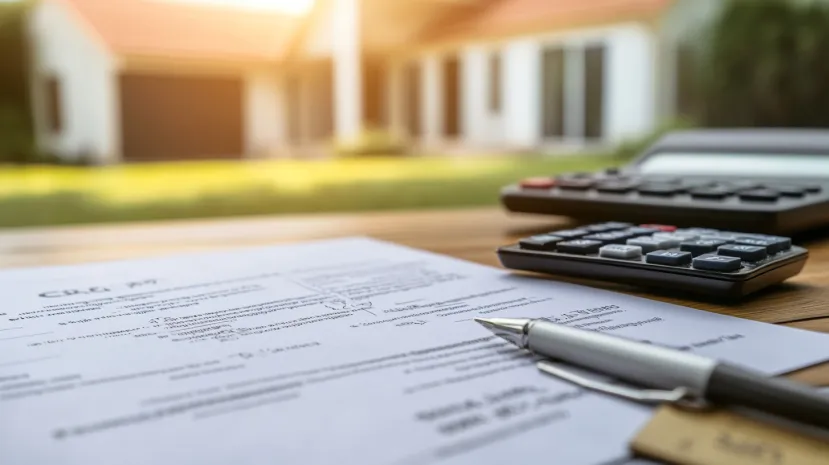
The table below will help you understand how the GST is calculated on a flat purchase, including the cost of purchase, GST rates, GST amount and ITC benefits:
| Affordable Housing | GST on affordable housing after April 1, 2019 | GST on affordable housing before April 1, 2019 |
| Property cost per sq. ft | ₹5000 | ₹5000 |
| GST rate on flat purchase | 8% | 1% |
| GST | ₹400 (8% of 5000) | ₹50 (1% of 5000) |
| ITC benefit for the material cost of Rs 1,500 at 18% | ₹270 | Not applicable |
| Total Effective GST Payable per sq. ft | ₹130 (400-270) | ₹50 |
| Total | ₹5130 | ₹5050 |
Disclaimer: GST rates are indicative and may change. Please consult a tax advisor or contact NoBroker for exact, up-to-date GST details on your property purchase.
GST Exemption on Flat Purchase
GST on the sale of a flat does not apply when buying a ready-to-move-in flat or resale properties in India. Once the flat has its Completion Certificate (CC) or Occupancy Certificate (OC), it is considered a completed building and the GST is not applicable. However, under construction affordable flats have to pay 1% tax, and the under construction non-affordable flats have to pay 5% tax until CC/OC is issued. Completed flats and resale flats are exempt from the GST, and the buyers just need to pay the registration charges and the stamp duty.
GST on Flat Purchase: With vs Without ITC
Input Tax Credit(ITC) means that a builder can reduce the tax they pay by claiming credit for the GST paid on raw materials and services used in construction. However, under the revised GST rates, which were introduced in April 2019 (1% for affordable property and 5% on non-affordable properties), ITC is not allowed on residential properties. This step was taken to avoid the misuse of the tax. As per Section 17 of the CGST Act, ITC is restricted when Goods & Services are used for personal consumption or exempt supplies, which include most of the residential property.
Unleashing the Power of Input Tax Credit under GST in India
Input Tax Credit (ITC) is a critical mechanism that enables taxpayers to claim a credit for the taxes paid on inputs used to manufacture the final product or service. It is one of the most significant features of the Goods and Services Tax (GST) system in India. ITC under GST helps to eliminate the cascading effect of taxes and reduces the overall tax liability of the taxpayer. The process of claiming ITC involves verifying invoices, checking the supplier's GST registration number, and submitting GSTR-2A. Claiming ITC can help reduce the overall cost of production, making the goods or services cheaper for the end consumer.
Steps to Claim ITC:
- Check the invoices received from suppliers and ensure that the GST charged is correct.
- Ensure that the supplier has filed GST returns and paid the tax to the government.
- Verify the supplier's GST registration details.
- Submit GSTR-2A after verification of invoices to claim ITC.
Benefits of ITC:
- Reduces the tax liability of the taxpayer.
- Prevents the cascading effect of taxes.
- Helps reduce the overall cost of production, making the goods or services cheaper for the end consumer.
Frequently Asked Questions?
Ans. There will be no service part in the transfer of a completed property to the buyer. As a result, GST for the purchase of a flat will not be applicable in such sales. So, if you acquire a ready-to-move property, you may be able to avoid paying GST for apartment purchases.
Ans. When buying or investing in under-construction properties, the house buyer or investor must pay GST on completed flats or GST on new residential properties.
Ans. With effect from April 1, 2019, inexpensive residential units will be subject to a 1% GST on property sales without ITC, while other residential properties will be subject to a 5% GST without ITC.
Ans. There are three versions of GST in India: The State Goods and Services Tax (SGST) or Union Territory Goods and Services Tax (UTGST), the Central Goods and Services Tax (CGST), and the Integrated Goods and Services Tax (IGST) (IGST).
Ans. Yes, the real estate sector is subjected to GST. There is a GST on residential property purchases. The real Estate GST rate is even levied on properties that are still under construction and have not yet gotten their occupancy certificate (occupancy certificate). There is a charge for GST for flat registration also.
When you buy a ready-to-move-in flat, you don't have to pay any GST. If the tenant is not a business company, the landlord does not have to pay GST. GST on house registration: GST doesn't cover stamp duty or registration fees, so you still have to pay GST when you buy a home.
Recommended Reading
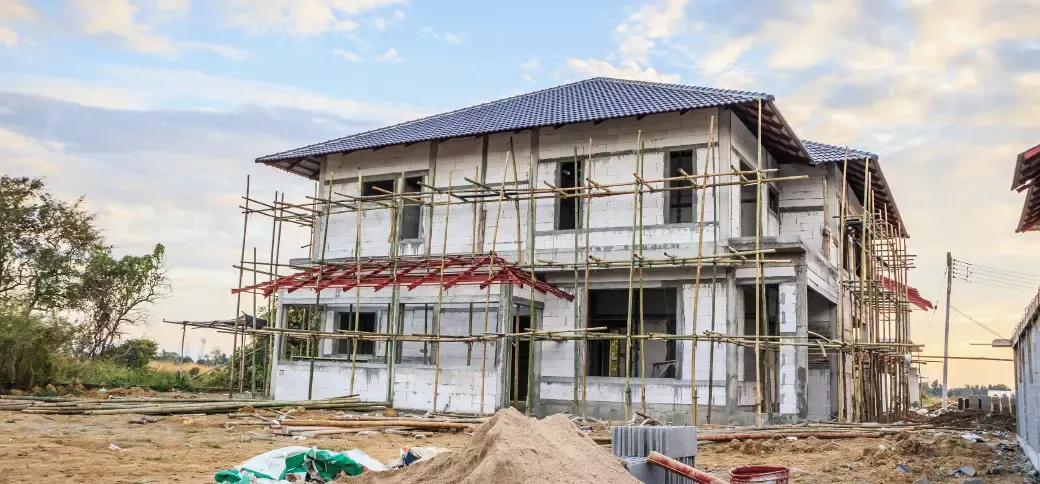
House Construction Cost: Per Sq Ft Rates, Material Cost and GST Rates in 2026
January 31, 2025
127562+ views
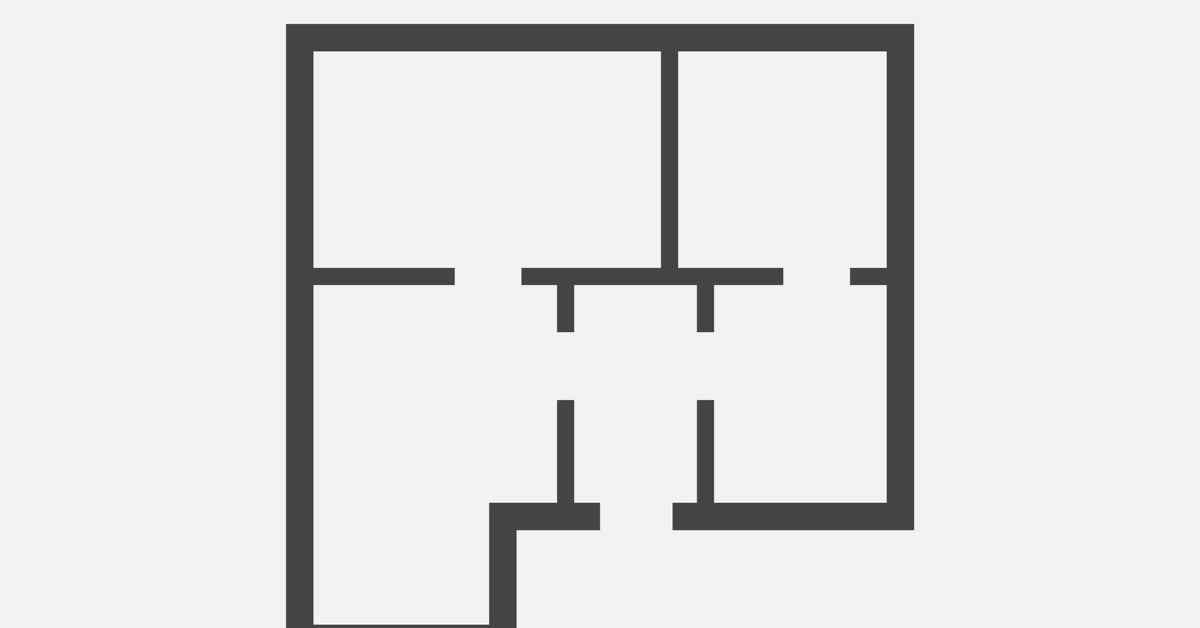
Plinth Area: Meaning, Calculation & Difference from Built-Up, Carpet, Covered and Floor Area
January 31, 2025
100860+ views
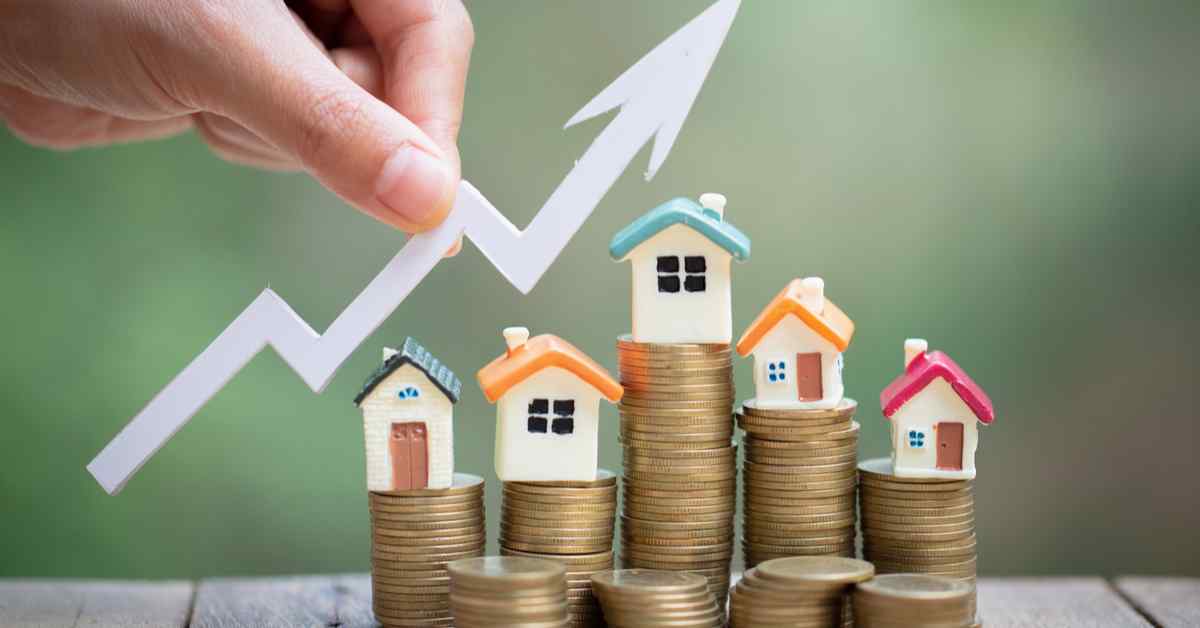
Market Value in Andhra Pradesh: District-Wise Rates and Latest Market Trends in 2026
February 12, 2025
97566+ views

Need to Know What Carpet Area Calculation is? Read on to Know All about it
January 31, 2025
56710+ views
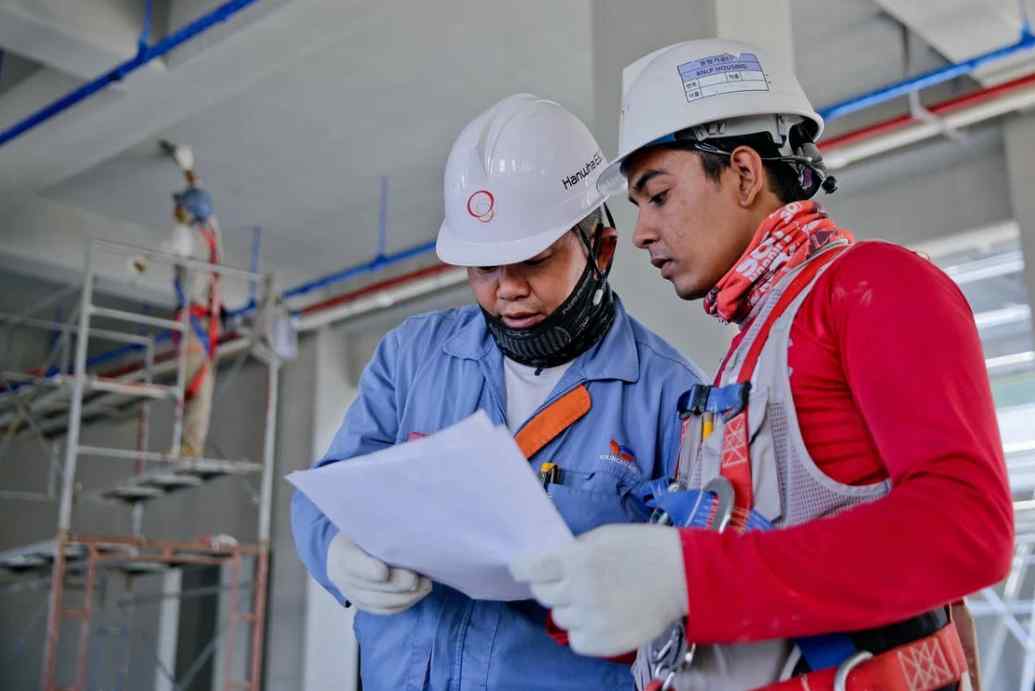
Best Construction Companies in Bangalore to Look Out For
February 1, 2025
49037+ views
Loved what you read? Share it with others!
Most Viewed Articles
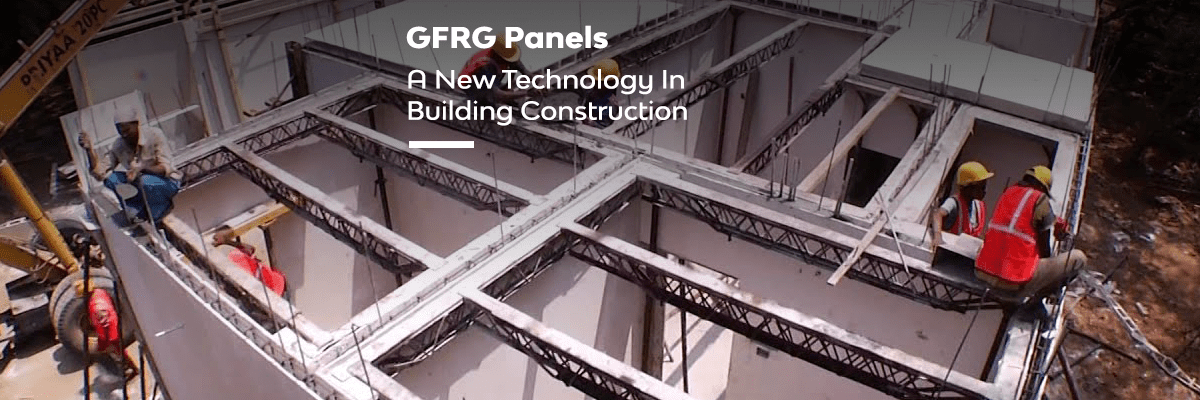
GFRG Panels: A New Technology in Building Construction
January 31, 2025
261920+ views
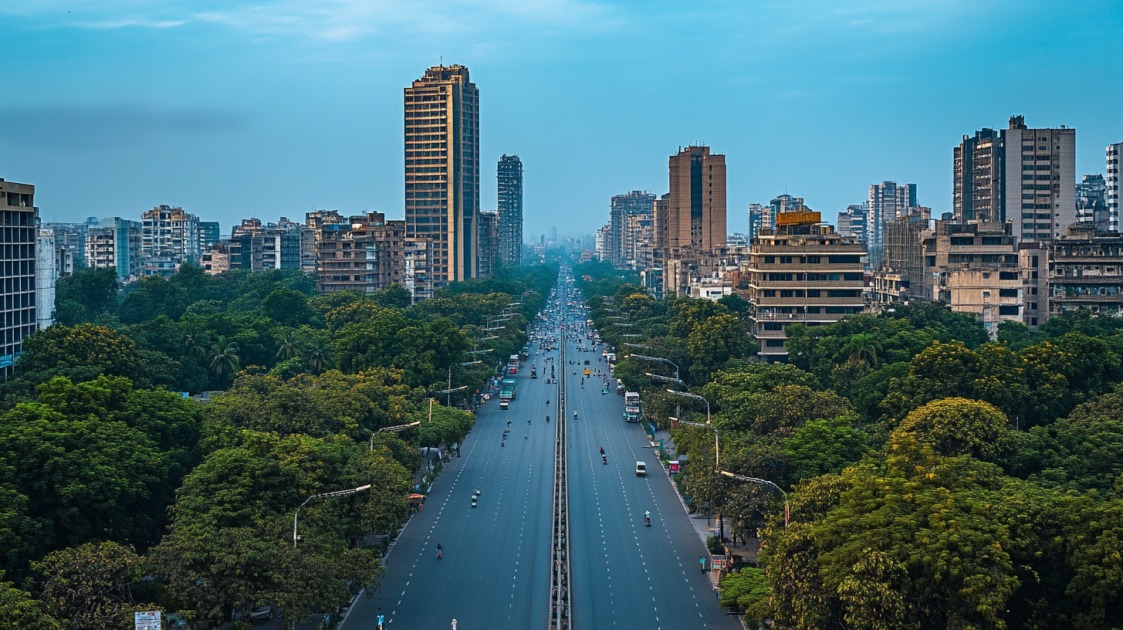
Top Cleanest Cities in India: Swachh Survekshan Top Ranked List
July 25, 2025
224921+ views

February 6, 2026
213519+ views
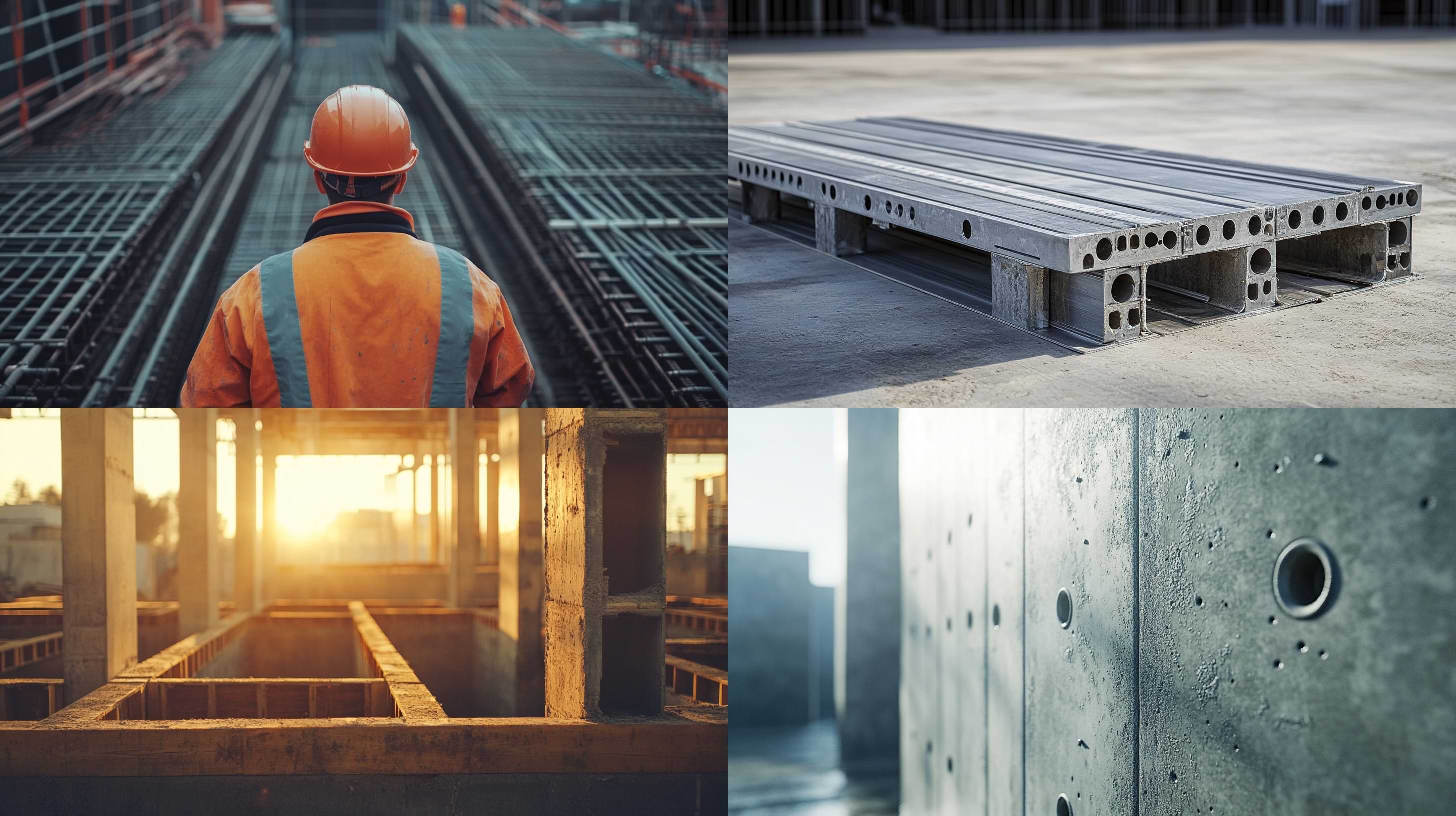
How Mivan Construction Technology Is Transforming the Art of Building!
January 31, 2025
183837+ views

CIDCO Lottery: Application Process, Eligibility, Flat Prices and Dates in 2026
April 30, 2025
138344+ views
Recent blogs in
February 19, 2026 by Krishnanunni H M
Top 10 Construction Companies in Ghaziabad: Leading Builders and Developers List in 2026
February 19, 2026 by Kruthi
Top 10 Construction Companies In Jaipur for Residential and Commercial Projects in 2026
February 19, 2026 by Krishnanunni H M
10 Best Construction Companies In Pune: Trusted Builders and Contractors in 2026
February 18, 2026 by Kruthi









 Full RM + FRM support
Full RM + FRM support

Join the conversation!